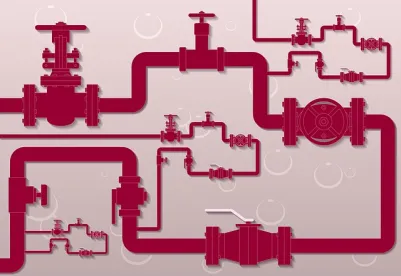A recently published three-year study conducted by researchers from Duke University, The Ohio State University, Pennsylvania State University, Stanford University, and the French Geological Survey Laboratory has concluded that there is no evidence that unconventional oil and natural gas extraction (deep formation horizontal drilling and hydraulic fracturing) has resulted in groundwater contamination in five Northern Appalachian Basin counties in West Virginia. The study was supported by grants from the National Science Foundation and the Natural Resources Defense Council.
The study monitored the geochemical variations in drinking water wells before and after the installation of nearby shale gas wells. According to the authors, the study “[p]rovides a clear indication for the lack of groundwater contamination and subsurface impact from shale gas drilling and hydraulic fracturing .... Saline groundwater was ubiquitous throughout the study area before and after shale gas development, and the groundwater geochemistry in this study was consistent with historical data reported in the 1980s.”
The authors observed significant relationships between elevated chloride concentrations (and bromide/chloride ratios) and geological and topological features; however, associations between elevated chloride concentrations (and bromide/chloride ratios) and proximity (not consistent with the signature of hydraulic fracturing fluids,” but rather, reflected indigenous groundwater conditions. Groundwater from this study area is dominated by biogenic methane. Importantly, it appears that both biogenic and thermogenic gases in the groundwater in the studied oil and natural gas producing regions of the Marcellus shale play are unrelated to shale gas development (i.e., not of anthropogenic origin). General water chemistry parameters (e.g., metals) were consistent with regional background concentrations.




 />i
/>i

